Us, David Nicholls’s first novel since the hugely successful One Day, is about a couple who have been married for 20 years. Douglas Petersen, the anally retentive middle-aged narrator, never feels like an equal to Connie, his attractive and witty wife. On the opening page, Connie tells him that she thinks she wants to leave him when their son Albie goes off to university. But first they are to take a long-planned family holiday — a Grand Tour of the great cities of Europe. Douglas sees this as his last chance to save his marriage, and also to rebuild his broken relationship with Albie.
In an introduction, Nicholls explains that the inspiration for the book came when he was travelling round continental Europe publicising One Day. At the start, the novel feels like a series of holiday postcards, or more accurately emails, from a witty and self-deprecating friend. There’s more commentary than narrative, the prose is colloquial and there’s a clever lower-case heading for each short chapter.
It’s often amusing but it can feel light. Douglas himself comes across, at least at first, as a caricature of a certain kind of Englishman — Keith from Nuts in May, or Alan Partridge. Unable to relax, he bosses his family into following his tightly planned schedule and fills any silences with banal observations or memorised passages from the guidebook. There’s one chapter, entitled ‘the comfort zone’, where he is no more than a slapstick clown: persuaded to try a Korean restaurant, he blinds himself with chilli sauce and clatters into the tables of the other diners.
Eventually, Douglas’s internal monologue won me round. He emerges as a sensitive and good-hearted man who never manages to express his love for his wife and son. Without noticing when it started, I began to believe in and care about Douglas. I found myself skipping through the travel writing, searching for developments in his plan is to win over Connie and Albie.
Anyone who has read One Day will be wary of the plot. Many (myself included) felt moved by that book; others felt manipulated. I think Nicholls’s ability to create and then subvert the traditional plot for a comedy is the secret of his success. It makes us confront the gap between what we expect from storytelling and what happens in real life.
It’s this gap which gives Us its depth and force. ‘I was looking forward to us growing old together,’ says Douglas. ‘Me and you, growing old and dying together.’ ‘Douglas,’ Connie replies, ‘who in their right mind would look forward to that?’ The most interesting question, ultimately, is not whether Douglas persuades Connie to stay but why he wants her to: is life without her ‘unthinkable’ because he loves her too much or because he’s too scared of change to imagine life alone? It’s this frank exploration of some of the unromantic realities of marriage and growing old that makes this book moving and thought-provoking.
Got something to add? Join the discussion and comment below.
Get 10 issues for just $10
Subscribe to The Spectator Australia today for the next 10 magazine issues, plus full online access, for just $10.
Available from the Spectator Bookshop, £16 Tel: 08430 600033
You might disagree with half of it, but you’ll enjoy reading all of it. Try your first month for free, then just $2 a week for the remainder of your first year.


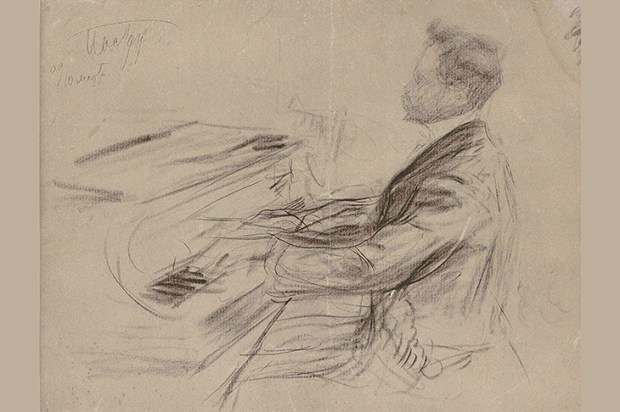
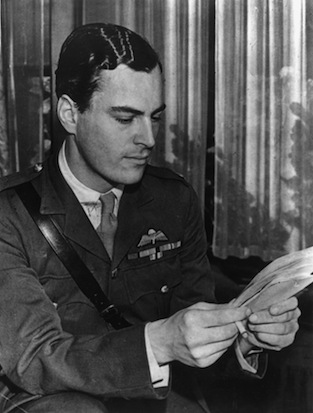
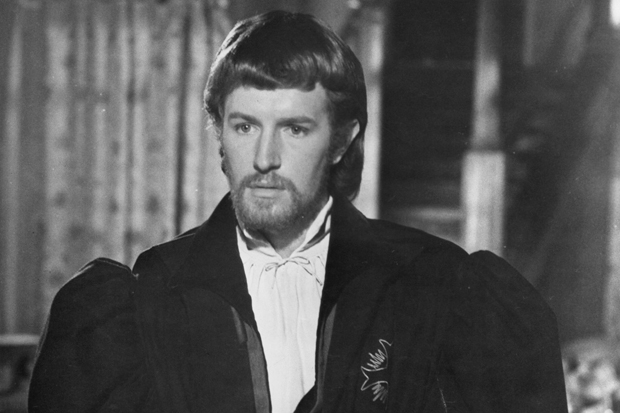

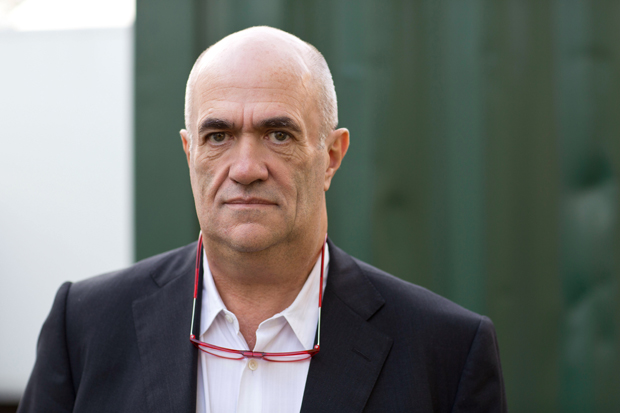
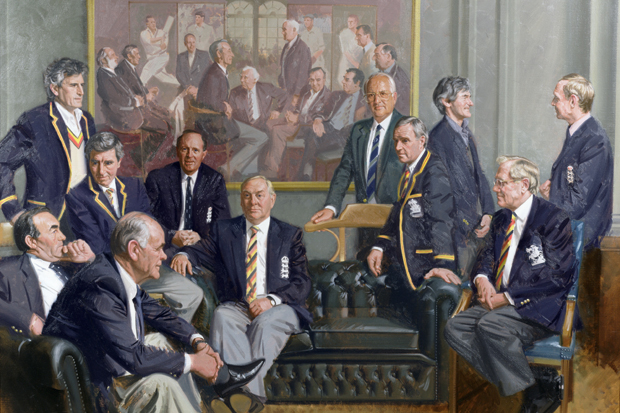






Comments
Don't miss out
Join the conversation with other Spectator Australia readers. Subscribe to leave a comment.
SUBSCRIBEAlready a subscriber? Log in